Imagine, if you can, that when Keir Starmer gets to his feet at Prime Minister’s Questions, what emerges from his mouth is a mellifluous baritone, somewhere down in the Gordon Brown register.
Would you notice? Would it make you think differently about him? And, if so, how?
You might be the kind of person who says that what matters is content, rather than the stagecraft of speechmaking. You might argue we’ve had enough of slick, hammy showmen who promise the earth and then stink up the place. If so, here’s to you.
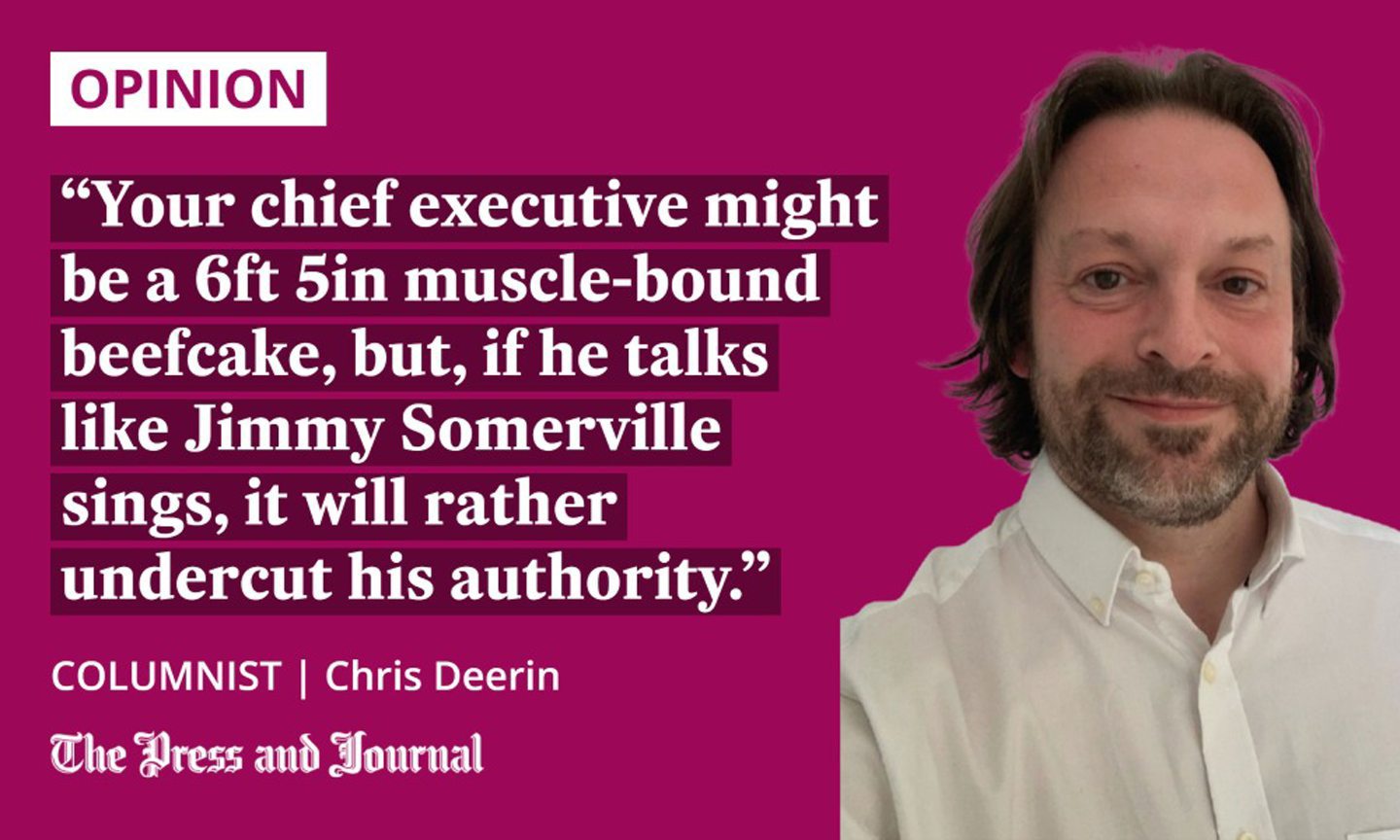
But the truth is that, subconsciously at least, we like our leaders to have something of the charismatic alpha about them. If Starmer sounded like an English version of Hal Douglas, Hollywood’s voiceover king – “only ONE MAN stands between humankind and annihilation…” – and, if there were a touch more cheekbone and a touch less Harry Maguire to the shape of his head, or a little less of the wounded sparrow in his oratory, he might seem more like a prime minister in waiting, and his poll lead would potentially be larger and less delicate.
The writer and adman Ian Leslie touched on this in an article at the weekend. Leslie, like me, is “almost pathetically grateful” to Starmer simply for being “a sane and credible Opposition leader”, following the failed experiments with Ed Miliband and Jeremy Corbyn.
Starmer’s pre-parliamentary career as an ethically-driven lawyer, and then as Director of Public Prosecutions, provided an important grounding outside the Westminster bubble. Everything suggests he is a welcome moral contrast to Boris Johnson.
But, says Leslie, “whenever he opens his mouth, voters either wince or tune out… Starmer comes across as stiff, hesitant, and cramped.” The Labour leader’s voice is “nasal, reedy, pinched”, and his “pitch, tone, timbre, stress and rhythm” are off.
I agree with this. I notice it every time Starmer speaks – I feel guilty about noticing it, but notice it I do.
Our voices send subliminal messages
It’s an unavoidable fact that we react in certain ways to speaking voices. Leaders need vocal presence to persuade others to follow. Your chief executive might be a 6ft 5in muscle-bound beefcake, but, if he talks like Jimmy Somerville sings, it will rather undercut his authority.
Starmer oddly comes across as both earnest and diffident
Women bosses have been known to take lessons to stop their voices hitting the kind of excitable high notes that can crack glass. Politicians, like actors, must learn to speak slowly and enunciate clearly. Regional variations are often smoothed out. It’s usually just smart image management.
I don’t know whether Starmer has ever taken lessons. Perhaps he has, or perhaps, because he’s spent so many years in courtrooms, he doesn’t feel they’re necessary. Whichever, his public speaking is a standout weakness when the skill is a central requirement for his profession.
An individual’s “pitch, tone, timbre, stress and rhythm” matter not only because they send subliminal messages about the speaker, but because they impact on the message. Starmer oddly comes across as both earnest and diffident: one of the few people in the country who hasn’t been driven to abject rage by the prime minister’s decadence and narcissism.
It’s a useful thought experiment to imagine what a young Tony Blair would have done to the Johnson regime over the past year. There would be blood on the walls.
Starmer’s Labour remains curiously opaque and ill-defined
Perhaps the bigger problem is that it is not yet entirely clear what Starmer’s leadership is for. His Labour remains curiously opaque and ill-defined.
There was an inevitability to Blair’s entry to Downing Street, not least because he believed it and could talk about it convincingly
The next general election can be held no later than January 2025, but is probably more likely in spring 2024, if not before. While no one expects a full manifesto this far out, we should have a general sense, and at least some specifics, of what Labour is about beyond simply kicking out an unpopular Tory government. Can you name a single policy?
I looked back at Blair’s famous “young country” speech to Labour conference in 1995, two years before the general election that swept him to power with a landslide majority of 179.
Blair said that a Labour government would deliver economic stability and tax discipline, a rebuilding of national infrastructure, and a new relationship with the private sector. It would prioritise education: lower class sizes, specialist schools, the aim of a nursery place for every three and four-year-old, adaptation to the rise of technology, and the abolition of the Assisted Places Scheme. He announced that Labour had struck an agreement with BT to link every school, college, hospital and library to the internet for free.
There would be a windfall tax on the privatised utilities, a statutory minimum wage, a Scottish Parliament and a Welsh Assembly, a Freedom of Information Act, reform of the criminal justice system, including tougher penalties on violence or guns, and a crackdown on neighbours from hell.
There was an inevitability to Blair’s entry to Downing Street, not least because he believed it and could talk about it convincingly. In contrast, Starmer, for all his personal qualities, risks being a weak messenger with a weak message, and missing a golden opportunity.
Chris Deerin is a leading journalist and commentator who heads independent, non-party think tank, Reform Scotland
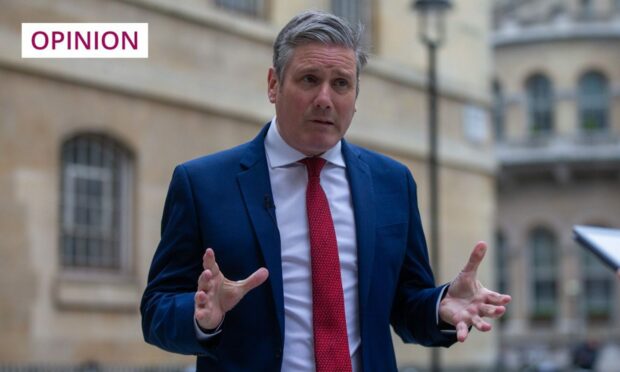
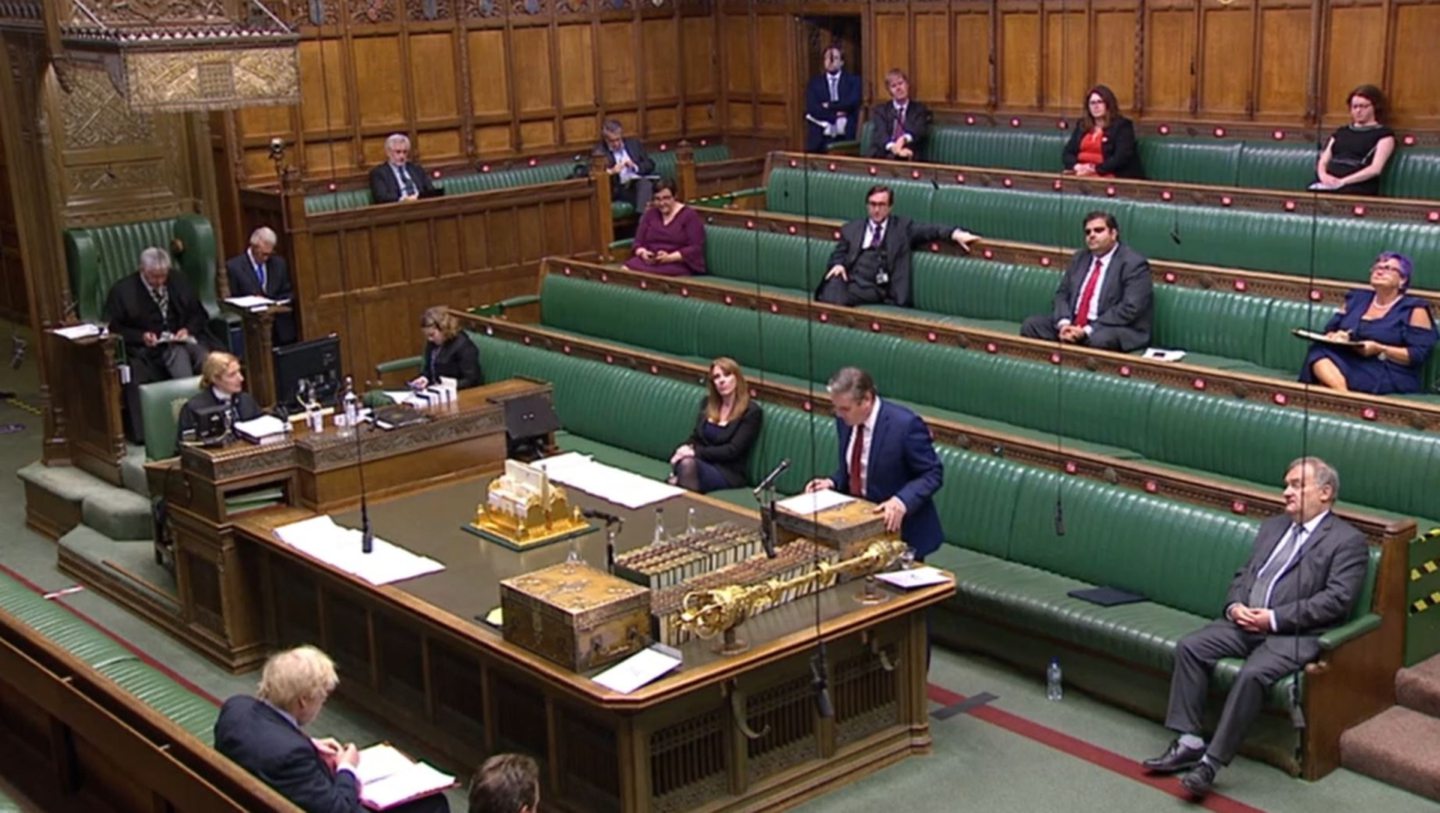
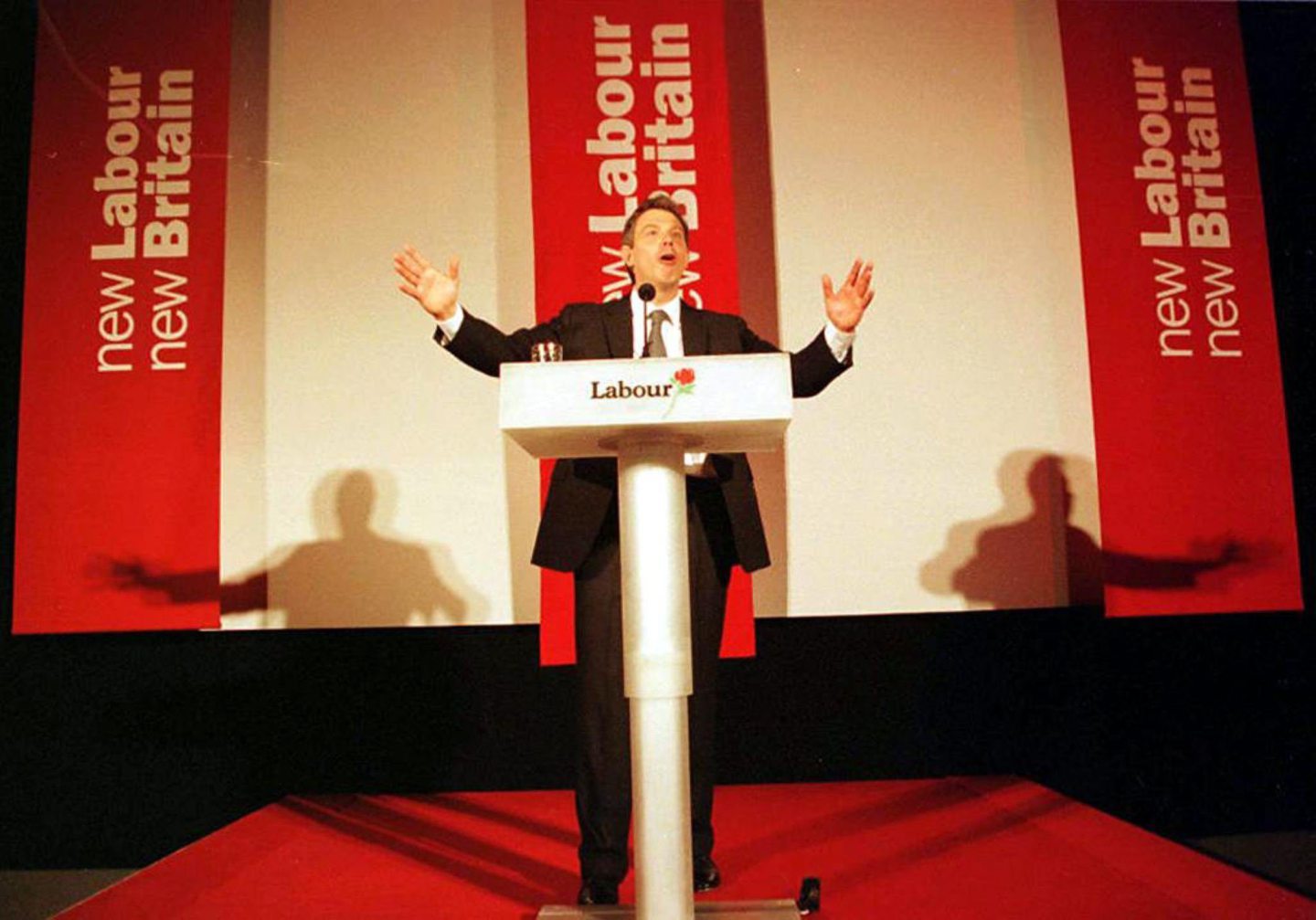
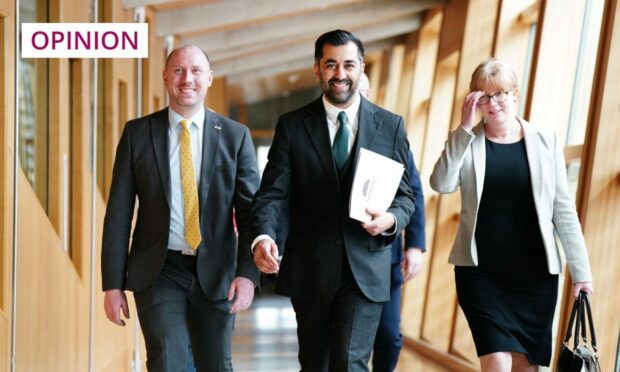


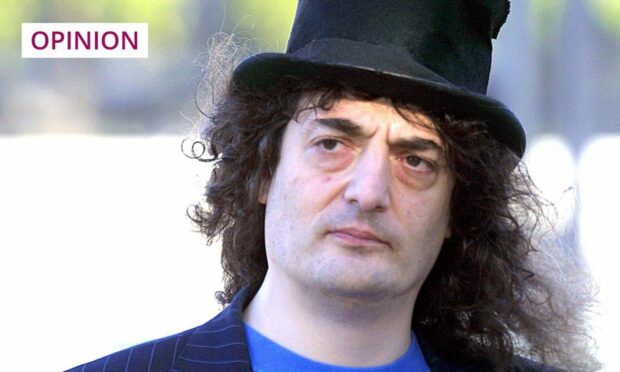
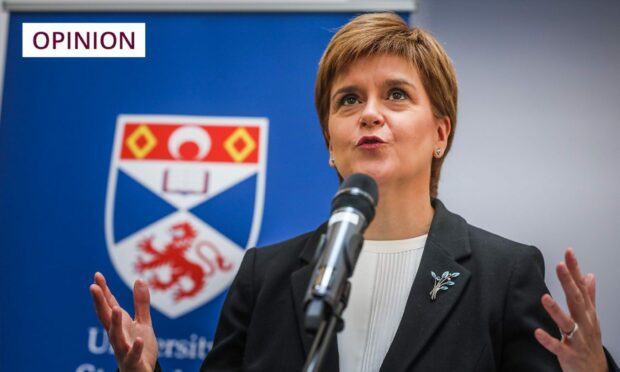
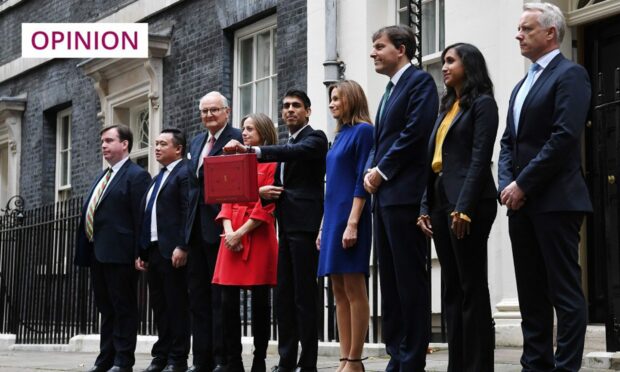
Conversation